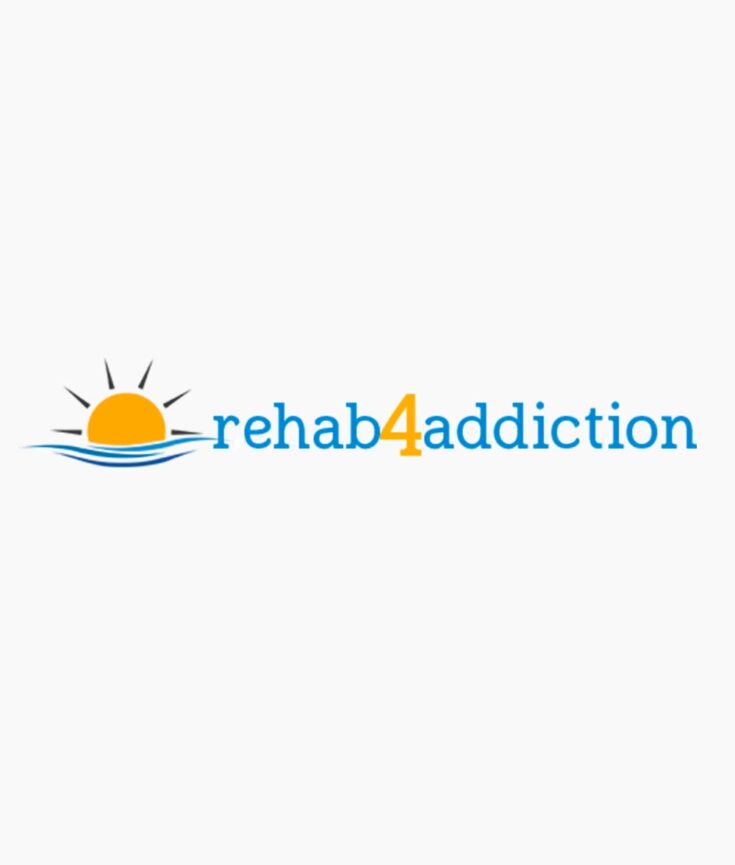Alcohol Detox Treatment & Alcohol Withdrawal Symptoms
Alcohol addiction is a serious and increasing problem in current society. Although each and everyone has their individual habits and vices, some find it more difficult than others to stop habits that are detrimental.
Some bad habits need some adjusting to get rid of, and in some cases, withdrawal symptoms will ensue. The unpleasant sensations that commonly occur during the withdrawal period can entail a struggle, making it ultimately more difficult to stop reverting to bad habits.
Alcohol addiction constitutes a bad habit without having any control over your behaviour yourself. In many different cases, one might struggle with withdrawal symptoms, depending on your level of addiction of course.
Alcohol Withdrawal Syndrome (AWS) is when a heavy drinker suddenly stops drinking. It will impact someone both physically and mentally. Depending on the level of addiction, you might suffer from things like mild anxiety or things like Delirium Tremens, which is a serious condition.
Undergoing Alcoholism Treatment in the Age of COVID-19
If you are inflicted with alcoholism, it’s undoubted the COVID-19 pandemic is presenting a variety of challenges for you, not least in terms of the anxiety this is likely causing when it comes to seeking out alcoholism treatment.
Alcoholism is a chronic disorder, and maybe one you’ve lived with for many years. However, the need for effective treatment could never be more important, particularly given the fact your alcoholism will be weakening your immune system, and therefore your ability to survive COVID-19 should you be unfortunate enough to contract this deadly virus.
It is true that social isolation measures designed to shield the nation from COVID-19 are also likely to reduce your level of mental wellbeing. Being away from your support network may mean you increase the amount of alcohol you consume and neglect your standards of self-care.
Also, because alcoholism is a chronic syndrome marred by relapse, it may be the case that the lockdown and social distancing measures have meant you are no longer maintaining your sobriety.
How does COVID-19 pose increased risks for those suffering from alcoholism?
Below, we outline some of these risks that are particularly great for those suffering from alcoholism:
- Heightened risks of mental and emotional pain
- Anxiety, loneliness and increased suicide risk
- Alcoholism suppresses the immune system, thus decreasing your chances of survival should you contract COVID-19
- Because you may not be able to access alcohol, you are at risk of undergoing a medically unsupervised detox, which could result in a seizure
- An increased risk of developing pneumonia should you contract COVID-19
These risks serve to highlight the need to seek alcoholism treatment so that you are effectively able to mitigate all of these risks to as low a level as possible. The above risks also apply to those who engage in frequent binge drinking.
Binge-Drinking & COVID-19 Health Risks
Alcoholism and binge drinking is also believed to contribute to cardiopulmonary system complications applying to the lungs and the heart. We hope you agree that during the COVID-19 pandemic, it’s particularly important to ensure your lungs and heart and not in any way compromised. Avoiding alcohol and seeking out treatment if you suffer from alcoholism is thus a key preventative measure to help reduce the potentially fatal risks associated with COVID-19.
All rehab clinics we work with have put in place measure to ensure they are able to offer COVID-safe treatment programmes. Many rehabs have put in place a Major Incident Covid-19 Response Team to help put in place policies that reduce the risk of a COVID-19 outbreak at their facilities.
Policies put in place by rehab clinics to reduce the risk of COVID-19 outbreaks include:
- A restriction of treatments where social distancing cannot be maintained
- Increased standards of hygiene best practices
- Patients newly admitted spending a period of isolation in order to detox. After this initial 7 day period has lapsed, these patients will then be able to integrate into therapy sessions
- During the first week of treatment, new patients are PCR (antigen) tested for COVID-19, even in the absence of symptoms
- All staff and patients are screened for COVID-19 symptoms on a daily basis. For instance, all staff and patients will have their temperature taken several times each day
- Staff and patients are provided with Personal Protective Equipment (PPE) so that clinics are able to uphold excellent standards of infection control
All of these measures are designed to ensure the highest standards of patient safety and infection prevention control.
Defining alcohol withdrawal
Alcohol withdrawal occurs when an alcoholic suddenly stops drinking, resulting in symptoms that range from mild to severe during detoxification. In cases of severe long-term alcohol addiction, it may be fatal. Withdrawal is most common in adults but can also occur in teenagers or children.
While a night of drinking may produce similar initial symptoms, alcohol withdrawal syndrome typically stems from heavy drinking over a long period of time. For some, drinking for months or even weeks then stopping abruptly can cause acute alcohol withdrawal symptoms. For others, years of alcohol abuse can trigger more serious side effects.
Ready to get help?
At Rehab 4 Addiction, we offer high-quality alcohol rehab & detoxification services tailored to your individual needs.
To discover your road to recovery, call us today on 0800 140 4690.

